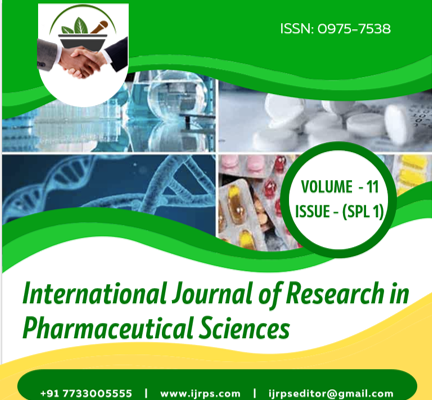Abstract
Covid 19 is a pandemic affecting many countries with countless deaths and morbidities. There are many drugs, and immune-boosting nutraceuticals developed to tackle the same. There are no strict guidelines still yet described. We propose a guideline or a protocol termed as Partha’s protocol to counter every type of patient and contacts. In our early preliminary pilot study of 76 patients which included contacts, all were segregated into groups and received the drugs according to the protocol from Categories A to D. The basic strategies like social distancing and face masks continued. We had 19 positive cases and the rest as contacts. There was a need for minimal oxygen in two patients. Otherwise, there was no mortality. Among the contacts, there were only a few people (4 in number) who turned symptomatic, and none turned swab positive. This protocol seems to look like polypharmacy, but all these drugs were being used for different indications safely for many years. Hence it's unlikely to encounter any significant side effects. We also advise taking antibody titre of IgG in the post-exposure group. If it turns out to be positive, we suggest avoiding repeated quarantine on recurrent exposures. We did not measure viral load as we considered early symptoms with exhaustion as a marker. To wait for evidence and then to tackle contacts and less sick patients may be detrimental to countries like India because of its vast population.
Full text article
Authors

This work is licensed under a Creative Commons Attribution-NonCommercial-NoDerivatives 4.0 International License.

